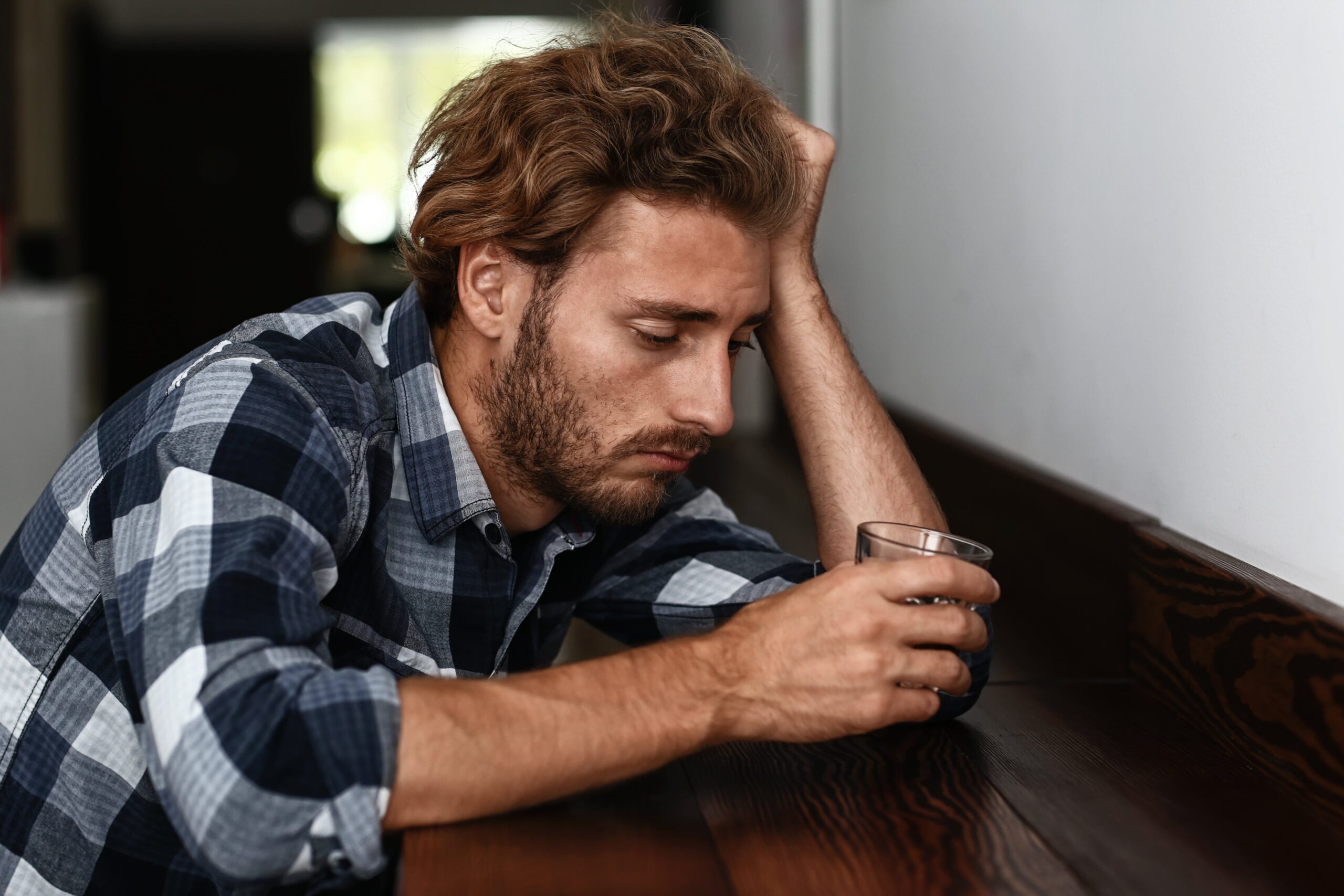Living with depression affects not only the individual with the diagnosis but also their loved ones. Whether a person has situational depression vs clinical depression, the bottom line is they need professional clinical help to heal. New View Wellness in Atlanta employs a highly trained staff of experts who can identify the exact type of depression a person has. From there, they design a treatment program to help them manage their symptoms and lead a more balanced life.
What Is Situational Depression?
Situational depression is also known by the name “adjustment disorder with depressed mood”. The key difference between situational depression vs clinical depression is that situational depression happens as a result of a person going through a particular event or a major time of change in their lives. This condition typically begins to develop within a few weeks or months of the event or the time in which the challenging event occurs. When a person confronts their symptoms and resolves them, they recover from situational depression. If they remain untreated, the condition can turn into clinical depression.
Common triggering events that can cause the onset of situational depression include the following:
- The death of a loved one
- Divorce
- Being the victim of a crime
- Major accident or injury
- Serious illness
- Natural disasters (hurricanes, tornados, flooding, etc.)
- Loss of a job
- Extended relationship problems
- Moving
- Retirement
- COVID-19
What Is Clinical Depression?
Clinical depression is also known as major depression and major depressive disorder. It does not happen because of a singular event, such as the death of a loved one. Clinical depression may develop after someone has situational depression but does not seek help. Alternatively, it can happen as a result of several situations or for no clear reason. The symptoms prove to be persistent and happen for a lengthy amount of time. They do not resolve on their own and require professional mental health treatment.
Many mental health disorders have a genetic component, and clinical depression is no exception. If a person has a family history of depression, they remain at a higher risk of developing it.
Situational Depression vs. Clinical Depression: What Is the Difference?
When considering situational depression vs clinical depression, there are some key differences. First is the classification for each type of disorder. Situational depression falls under the heading of an adjustment disorder while clinical depression is a type of mood disorder. Clinical depression can last for years or even decades. It can also be chronic with symptoms cropping up repeatedly in cycles. Situational depression is typically short-lived and tied to a particularly stressful event or situation. Once the situation resolves or the person receives treatment, it will not reoccur.
Treatment for Situational Depression vs Clinical Depression
Many of the treatment aspects for situational depression vs clinical depression are similar. Talk therapy helps people process the things that contribute to developing depression. In fact, several types of therapy can be used to help people learn to manage and overcome many symptoms of depression. Dialectical behavioral therapy in particular helps people learn to identify and regulate their emotions. Therapists teach the individual to come to terms with the power they have to change and also make peace with what they cannot control.
Acceptance and Commitment Therapy (ACT) can also help people dealing with both situational and clinical depression. Many people also find that family therapy can help loved ones who have gone through a common troubling experience come together. Medications also provide a great deal of relief for people with depression. A treatment provider will perform an evaluation and recommend any necessary FDA-approved medications. Someone with situational depression may only need to take medications on a short-term basis. Those who have clinical depression may need to take advantage of prescription drugs for a longer period of time.
What type of treatment program a person with depression needs depends on their specific situation. For some people, depression treatment begins with a residential program. They move into a facility for an extended period of time in order to get the round-the-clock care they need. For others, our partial hospitalization program in Georgia, as well as our intensive outpatient program in Atlanta offers the focused care they need while still only requiring attendance during the day. Many facilities even offer virtual programs that allow a person to attend sessions conducted by quality, experienced therapists from the comfort of their homes.
Get Help for Depression in Atlanta, GA
New View Wellness in Atlanta understands how mental health disorders can upset a person’s life. When someone deals with depression, they find it difficult to live a full life and often feel guilty for not being able to feel better on their own. Whether a person has situational depression vs clinical depression, we can help. Our outpatient programs are designed to meet the needs of people who want to climb out of their depression and learn to manage their symptoms. We combine therapy and any necessary medications to help people stop living lives ruled by this disruptive mental health disorder.
For more information about our depression treatment program in Atlanta, contact us now. Our experienced, friendly staff can help change your life or that of someone you love.

